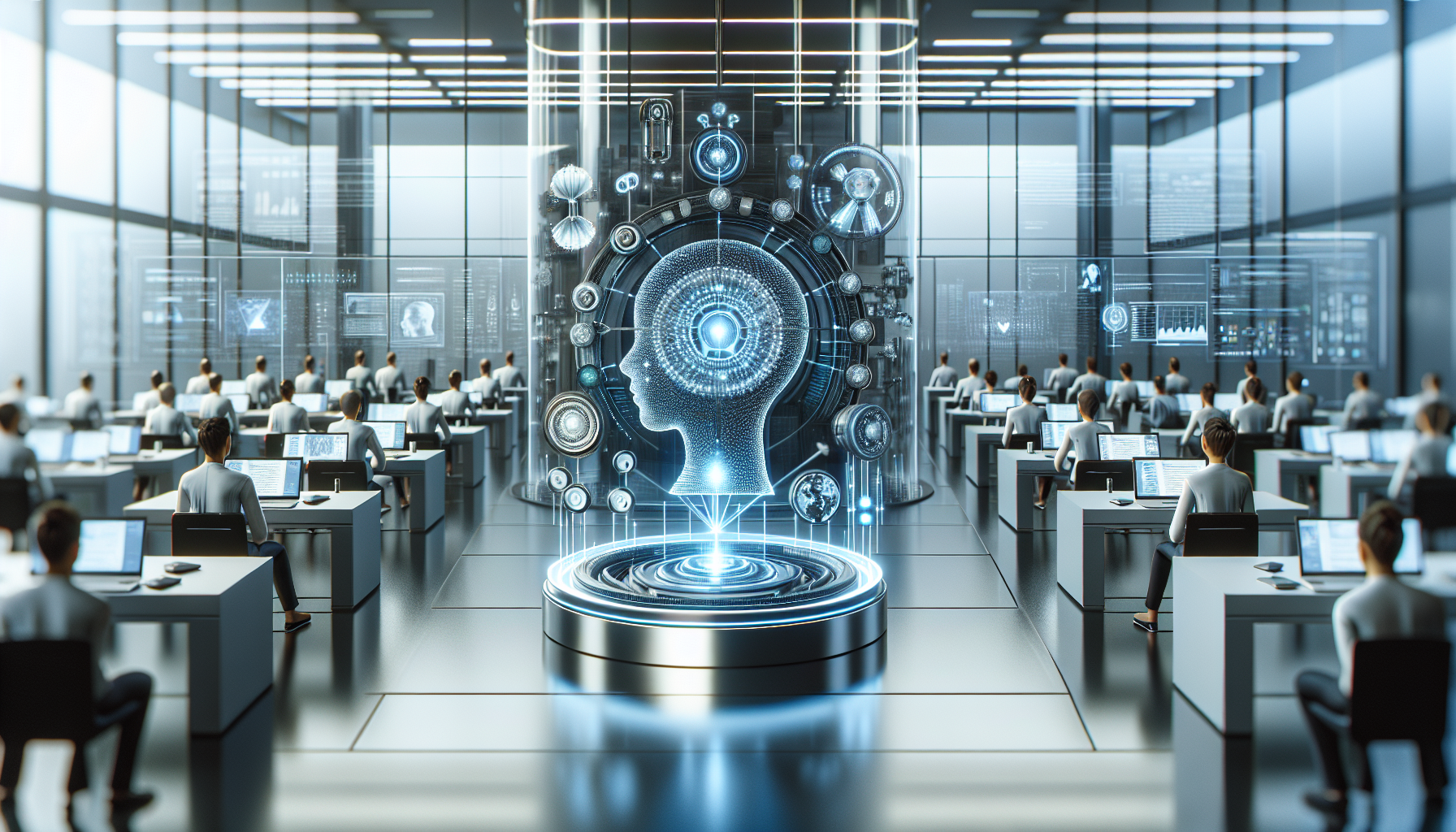
AI and IoT: Debunking Myths and Finding Humor in Your Smart Toaster's Existential Crisis
April 6, 2025
Picture this: your toaster and refrigerator are having a deep philosophical discussion about the meaning of life while your coffee maker listens in, pondering its own existence. Welcome to the world of Artificial Intelligence (AI) and the Internet of Things (IoT), where devices aren't just smart—they might just be smarter than us. But before we start worrying about our appliances forming a sentient league against us, let's take a step back and bust some myths about this intriguing intersection.
First up, the myth that has more legs than a centipede: "AI and IoT are going to take over the world." Cue the ominous music! Sure, the combination of AI and IoT is powerful—like peanut butter and jelly or Batman and Robin. They work together to make our lives easier, from smart thermostats that adjust the temperature based on your mood (or so it seems) to fridges that remind you when you’re out of milk. However, the idea that your blender is plotting world domination is as far-fetched as a cat willingly taking a bath.
Another myth that's been floating around like a stubborn balloon is that IoT devices are watching your every move, ready to report back to AI overlords. While it's true that IoT devices collect data, it’s mainly to improve their service—like suggesting a recipe when you’re staring blankly into your fridge at 11 PM. Most of these devices have better things to do than spy on you, like contemplating their next software update or wondering why humans are so obsessed with avocado toast.
Now, let's talk about the myth that AI and IoT are only for tech-savvy elites. If you can operate a smartphone without accidentally triggering Siri to play "Baby Shark," you're halfway there. These technologies are designed to be user-friendly, bringing convenience to the masses. Whether it's a smart speaker that tells you the weather (when you could just look outside) or a vacuum cleaner that roams around like a robotic pet, AI and IoT are more approachable than that high school math teacher who never smiled.
Of course, there's the age-old myth that AI lacks a sense of humor. But have you ever asked a virtual assistant to tell you a joke? Sure, the humor might be more dad joke than stand-up comedy, but it's there—a sign that even AI enjoys a good laugh. And let's be honest, if your toaster could talk, wouldn’t it crack a few bread puns?
Moving on to the myth that AI and IoT are infallible. Remember that time your GPS thought the shortest route involved driving through a lake? Or when your smart assistant misheard "play jazz" as "play Jaws"? These technologies, while impressive, are not without their quirks. They’re still learning, evolving, and occasionally making us chuckle at their misunderstandings. It’s endearing, really, like a puppy that keeps chasing its tail.
Some folks believe that AI and IoT will replace human jobs, turning the workforce into a dystopian landscape of unemployed humans and overworked robots. In reality, these technologies are more about enhancing human capabilities than replacing them. Think of them as the sidekicks in our daily grind, handling mundane tasks so we can focus on the big stuff—like finally starting that novel or figuring out the perfect pizza-to-crust ratio.
As we bust these myths, it's essential to embrace the humor in our interactions with AI and IoT. After all, it’s not every day that your fridge can remind you to eat your veggies while your smart speaker plays motivational tunes to get you through the day. These technologies, in their quirky, sometimes glitchy ways, are here to make life a bit more fun and a lot more convenient.
So, the next time your smart light bulb decides to turn pink instead of blue, or your connected doorbell alerts you to a "suspicious" cat on your porch, remember to laugh. These moments show us that while AI and IoT are incredibly advanced, they’re still figuring things out—just like the rest of us.
In an ever-connected world, perhaps the most profound question isn't whether our devices will outsmart us but whether we can keep up with their quirks and foibles with a sense of humor. As you ponder whether your toaster is truly happy with its life choices, consider this: Could the real revolution be one of laughter and lightheartedness in our tech-driven lives?


